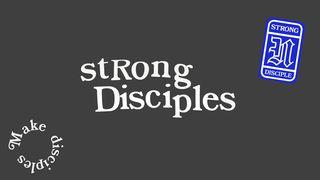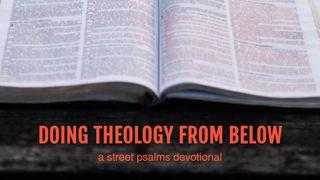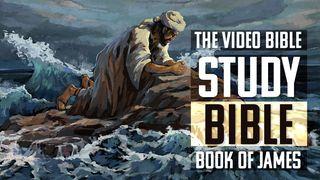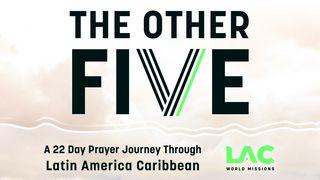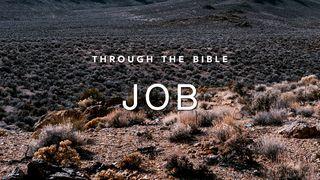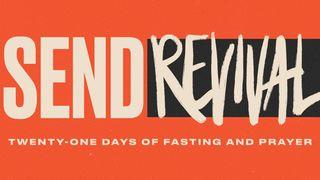Deuteronomy: At Journey's Endਨਮੂਨਾ
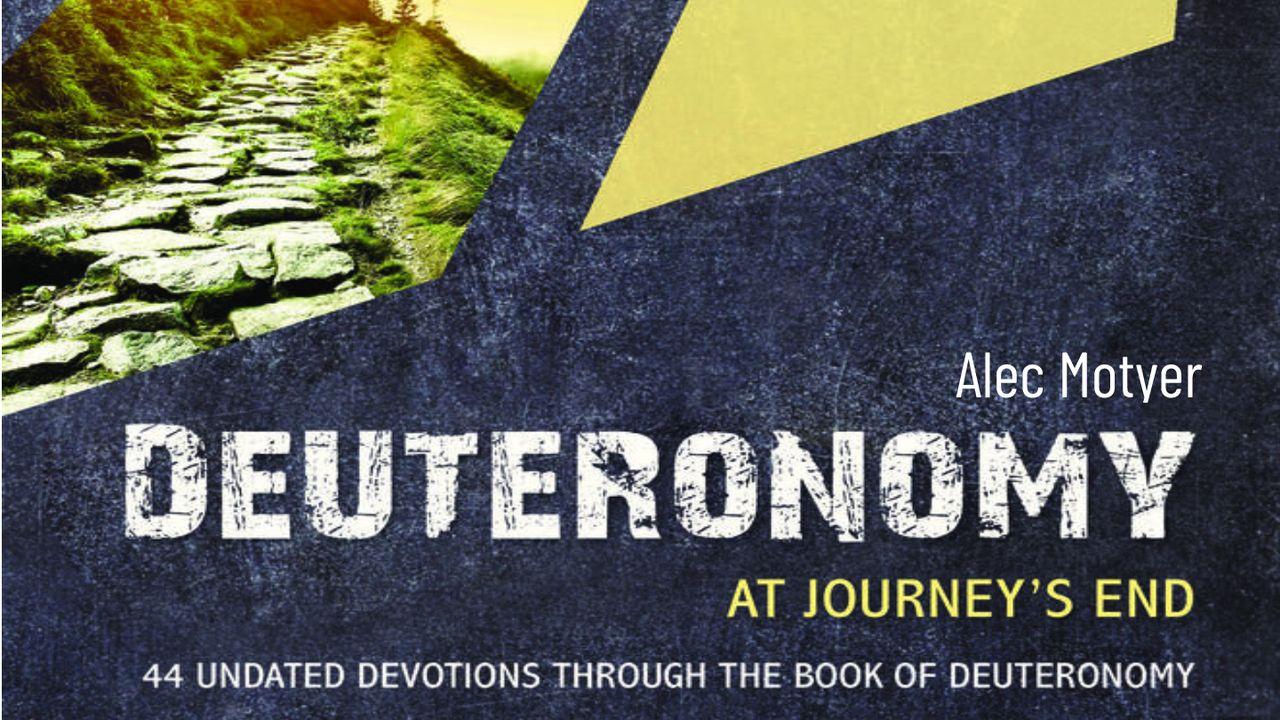
The wonder of repentance
This third section of Moses’ speech, like the other two, is in two parts. In verses 1–10 he is probing the ultimate future, and in verses 11–20, challenging his people to a present choice. This is the way biblical prediction ‘works’. The future is revealed not so that we can compose a calendar but so that we know how to live now.
As Moses sees it, the end is wonderful. The Lord is purposing to recover his people and bring them back to himself (v. 3), and he will do this when they repent (v. 2). Recalling the frightful sins and disasters of the last chapter, what a wonderful thing this repentance is. In response to repentance, the Lord reverses his own just retributions (v. 3); demonstrates his universal sway (v. 4); implements his promises (v. 5a); more than repeats the past (v. 5b); regenerates and renews individuals (v. 6); ends the oppression of the enemy (v. 7); and grants total prosperity (v. 9). Repentance, though, involves coming back to the Lord in loving devotion (vv. 2, 6, 20); obeying him (literally, ‘listening to, heeding’, vv. 2, 8, 10, 20); persevering in and keeping his commands (vv.10, 16); and a full, personal commitment, heart and soul (vv. 2, 6, 10). Penitent people are people of the book (v. 10).
The contrast between chapters 29 and 30 is itself an illustration of the truth Moses is preaching. The Israelites had departed from the Lord and found themselves walking in the pathways of death (29:22–28). They come to repentance and walk in the ways of life and prosperity (30:1–10). This prepares us for the resounding call of verses 11– 20: now choose (v. 19)! We are suddenly back in the ‘today’ of 29:9–15. Since the future will demonstrate how wonderful repentance is in its simplicity and its results, should not the present be characterised by choosing life and eschewing the pathway of death? And this is all the more so since God’s way is not the impossible path of salvation by works. We do not have to try to scale the heights or circle the globe (30:12–13). God has spoken (v. 14); our response is to walk with him in love (v. 20), and in the new life he inspires (v. 6).
Reflection
Psalm 51:3 opens with the word ‘for’, explaining how the blessings of verses 1–2 are ours. All that mercy, compassion and cleansing are ours, literally, ‘because I acknowledge my transgressions’. That is the wonder of repentance.
ਪਵਿੱਤਰ ਸ਼ਾਸਤਰ
About this Plan

In these daily undated devotions, Alec Motyer explores the timeless truths of Deuteronomy and applies them to our lives today. Just as the Israelites did, we can appreciate the wonder of God’s grace to us through repentance, experience His committed love for us, and learn more about walking in His ways.
More
